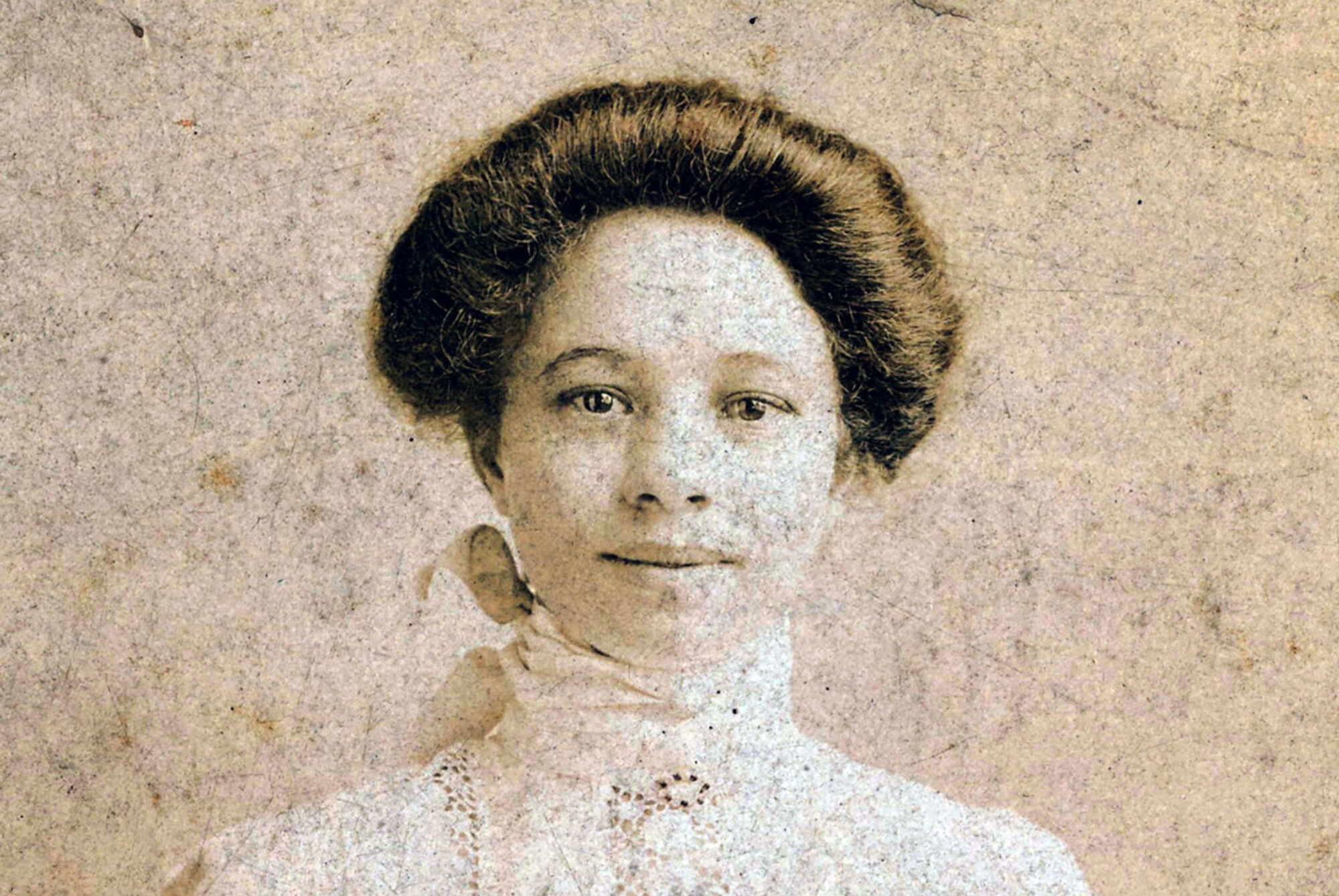I’m glad I found this little article “Perfumes and Perfumery” in an 1888 issue of Good Housekeeping. I’ll feel more confident describing my Victorian characters as smelling of lavender, clove, jasmine, or patchouli.

ATCHOULY is an East Indian perfume and was of rare popularity when first brought into prominence as a handkerchief extract by the élite. Of a peculiar heavy smell in its full strength, when diluted as an extract it resembles very much a mixture of camphor and snakeroot (wild ginger). Patchouly is one of the most powerful odors amongst oils, and can be made with other perfumes into exquisite and most harmonious extracts, being possessed of rare qualifications in this respect; or being injudiciously handled may create a very discordant smell.
An extract for the handkerchief is made thus:
Extract Patchouly.
Oil patchouly, one-half dram; cologne spirit, eight ounces. Mix. If desired sweeter, add otto rose, ten drops, oil sandalwood, five drops.

Louise Catherine Breslau
Vetivert is another East Indian perfume, peculiar in its character and not much liked. It assimilates with sandal wood and patchouly, more particularly the latter. Has given a character to many fashionable perfumes.
…
Civet, an animal perfume of some prominence, is a secretion from the civet cat, a native of the East, whence it was first brought by the Dutch. Civet has a most unpleasant smell in its crude state, and would be thought a very unlikely substance for use in perfumery by most persons. Properly diluted it enters into some of the most flowery bouquets known, is largely employed by the French in their finest extracts, and we think quite a favorite with Americans also, judging from the sense of smell when entering their factories. Its place in perfumes is to “hold” other and more volatile odors, and sometimes to act as a “backer” to some flower perfumes with which it chords.
Ambergris is likewise a well-known animal perfume. Pieces of it have been found upon the seashore from the earliest times.
…
Tonquin, or Tonka, is a very agreeable and somewhat in tense odor derived from the Tonka bean of commerce–the snuff bean of our grandmother’s days, when one was usually kept in the snuff-box to impart a pleasant odor to its contents.
When fresh they are very fragrant and give out a smell resembling the new made hay of localities where the “sweet smelling vernal grass” is common, as both possess the same odoriferous principle, “coumarin,” which may be seen in the form of crystals upon the beans, and which, according to a German chemist, is found in not less than thirty-one species in two families of plants. Tonquin enters into the composition of a variety of bouquets, being somewhat of a favorite with many perfumers. It is the leader in the perfume we now give, called New-Mown Hay.
Extract Tonquin bean (double), two and one-half ounces; extract rose geranium, one ounce; extract orange flower pomade, one ounce; extract rose pomade, one ounce; extract jasmine pomade, one ounce; extract cassie pomade, one-half ounce; extract rose triple, one ounce. Mix.

Clove is the only one of the spice oils which enters into liquid perfumes worthy of our present notice. It gives to many bouquets a zest not otherwise obtainable, plainly shows its presence in the pink family, and performs a part in Rondeletia of which “more anon.”
Lavender is an old favorite English perfume in which country it finds its best conditions of growth.
…
There are some four to eight grades of lavender oil in the market, the Mitcham and Hitchin, English, commanding the highest price.

Gustave Léonard de Jonghe
Lavender enters into the composition of colognes, some bouquets, also into Lavender Water.
Oil of lavender (English or French), two drams; cologne spirit, seven ounces; water, free from obvious impurity, one ounce. Mix.
The following recipe is based upon the principle well known to the art of two odors blending together in such harmony as to produce, as it were, a new perfume. It is copied from an old work on perfumery, there having been no essential variation since the writer first had the pleasure of making his debut by attempting this extract over thirty years ago:
Rondeletia.
Oil lavender, two drams; oil bergamot, oil clove, each, one dram; otto rose, twenty-five drops; extract musk, extract vanilla, extract ambergris, each, one-half ounce; cologne spirit, twenty ounces. Mix. Let stand to age.

Herbert James Draper







